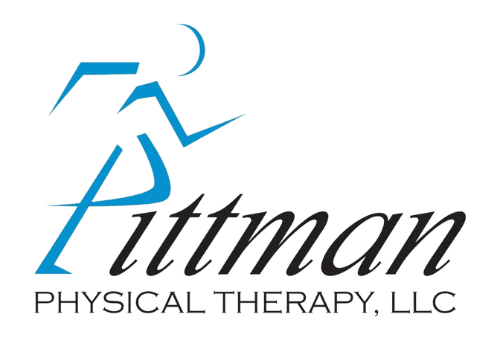Pregnancy is demanding and provides a lot of stress to the body. The physiological changes that occur during pregnancy may cause symptoms to manifest themselves during pregnancy or postpartum. Some of these symptoms may include:
- Prolapse
- Urinary leakage
- Low back pain/pelvic pain
- Abdominal muscle separation (Diastasis Recti)
Some of these symptoms after birth may resolve, while others linger for a period of time.
During pregnancy, many of the tissues in the pelvis become lax in order to prepare room for the growing baby. This increase in laxity often leads to pelvic pain. Pelvic physical therapy can target those painful areas with various manual techniques. Pelvic PT can also strengthen muscles around the pelvis in order to support a new mom’s body and reduce her discomfort.
Urinary symptoms during pregnancy increase the risk of continuing to have urinary symptoms postpartum, such as leakage. Pelvic PTs can assist a woman in preparing her body for childbirth by helping the tissues lengthen to allow passage of the baby. Pelvic physical therapists are also trained in treating pregnant patients for various bladder and bowel symptoms, pain, sciatica, low back pain, and general muscular weakness.
After childbirth, a woman’s body takes time to heal, whether the birth was vaginal or cesarean. Pelvic physical therapists are trained in assisting a woman with her healing body and slowly re-training the muscles that worked so hard for 9 months to support the growing baby. The same muscles that also worked overtime to birth the baby.
Tearing or episiotomy, prolonged labor, and use of forceps can all contribute to an increased risk of pelvic floor dysfunction postpartum. Tearing/episiotomy involves direct damage to the pelvic floor musculature. These muscles require therapy after they are healed – similar to if someone tears their bicep muscle.
Episiotomy or c-section scars often (but not always) lead to discomfort or pain. Pelvic PT can assist with reducing this discomfort through manual therapy and education on home management. Physical therapy will focus on strengthening and retraining the pelvic floor muscles so that they can resume their normal duties of supporting the pelvic organs (bladder, uterus, rectum) and preventing leakage. It is not “normal” to have leakage after having a baby, although it is a common occurrence.
Pelvic physical therapists can also instruct mothers on proper positioning during breastfeeding and other activities to reduce the incidence of back pain.
Some doctors refer women to pelvic physical therapy as early as 6 weeks postpartum, which is typically how long it takes for the body to fully heal. Some women may even benefit from seeing a pelvic physical therapist sooner than 6 weeks. The earlier the symptoms are tackled, the less likely the symptoms will linger -making it possible to experience symptom-free life after pregnancy.



